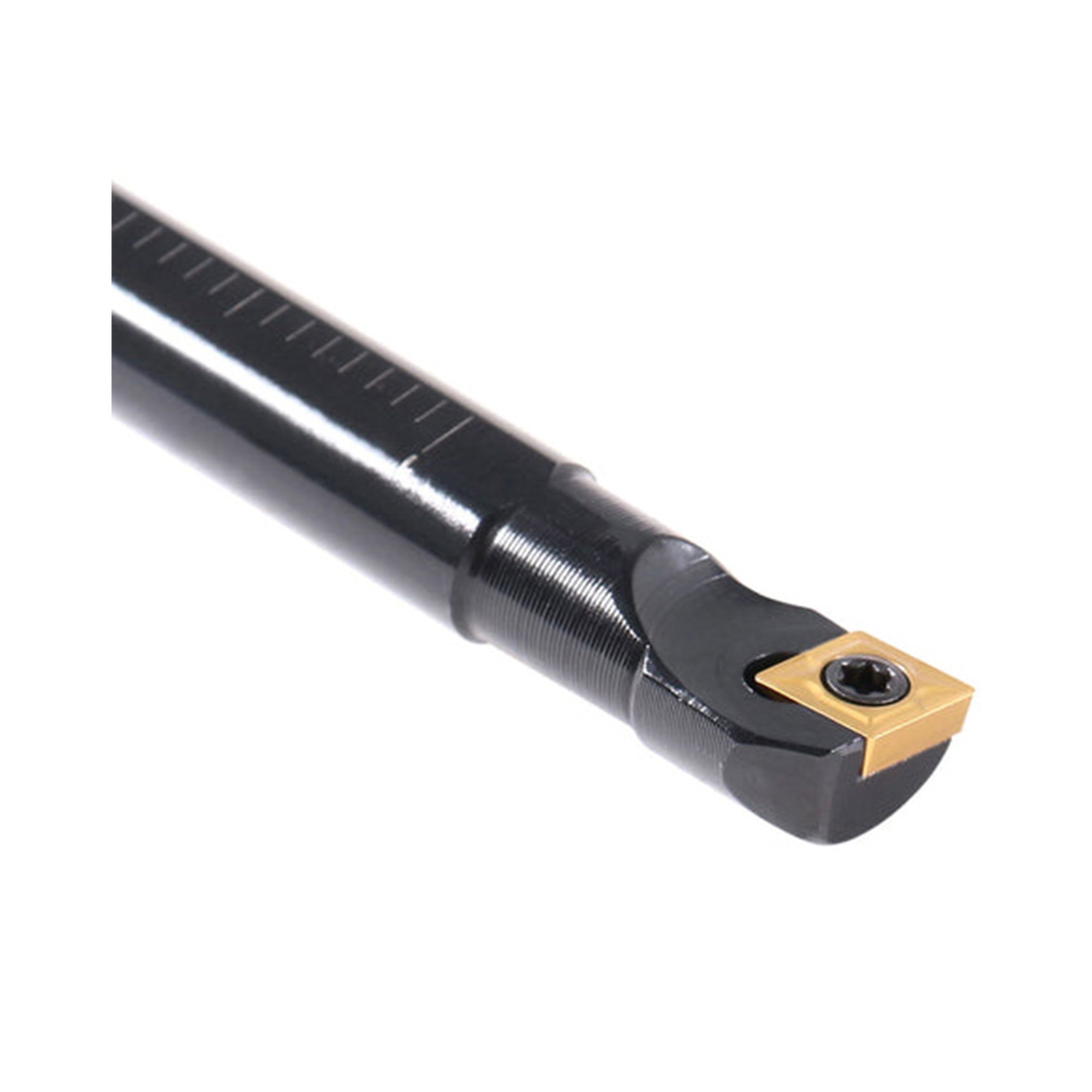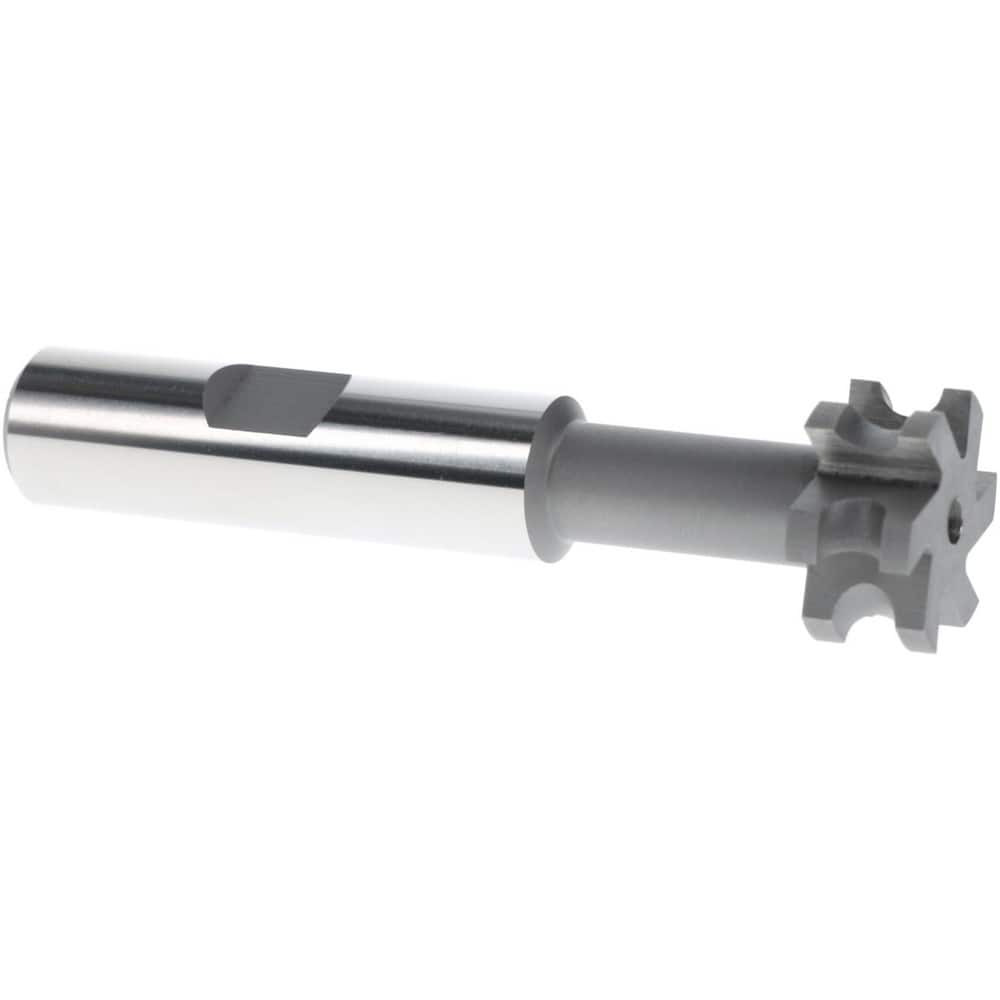End Mills Manufacturers
End mills are essential cutting tools used in a wide range of machining operations. Choosing the right end mills manufacturers is crucial for achieving precision, efficiency, and cost-effectiveness in your projects. This guide explores key factors to consider when selecting a manufacturer and highlights the different types of end mills available to suit your specific needs. Whether you're working with aluminum, steel, or other materials, understanding the options and selecting a reliable end mills manufacturers can significantly impact the quality of your finished products.
Understanding End Mills
What are End Mills?
End mills are rotary cutting tools used in milling machines or CNC machining centers to remove material from a workpiece. They typically feature cutting teeth on the end and sides, allowing for both axial and radial cutting. The geometry, material, and coating of an end mill are chosen based on the material being cut and the desired finish.
Types of End Mills
There are many different types of end mills, each designed for specific applications. Here are some common types:
- Square End Mills: General-purpose end mills with a square cutting edge.
- Ball Nose End Mills: Feature a rounded cutting edge, ideal for creating contoured surfaces and 3D shapes.
- Bull Nose End Mills: Combine a flat cutting face with a corner radius, offering a balance of strength and precision.
- Roughing End Mills: Designed for rapid material removal with serrated cutting edges.
- Finishing End Mills: Feature a high number of flutes for a smooth surface finish.
- Corner Rounding End Mills: Specifically designed to create rounded corners on parts.
- Thread Mills: Used for creating internal and external threads.
Choosing the Right End Mills Manufacturers
Selecting a reliable end mills manufacturers is a critical decision. Here are key factors to consider:
Reputation and Experience
Look for manufacturers with a proven track record of producing high-quality end mills. Check customer reviews, testimonials, and case studies to assess their reputation and experience. Manufacturers like Wayleading Tools, with years of experience in the industry, often have established processes and quality control measures in place.
Product Quality and Materials
The quality of the end mill is directly related to the materials used and the manufacturing processes employed. Reputable manufacturers use high-quality carbide, high-speed steel (HSS), or other advanced materials. Inquire about the hardness, toughness, and wear resistance of the end mills.
Range of Products
Choose a manufacturer that offers a wide range of end mills to meet your diverse machining needs. This includes different sizes, shapes, materials, and coatings. A broad selection allows you to find the perfect tool for each specific application.
Customization Options
Some manufacturers offer custom end mill design and manufacturing services. This is particularly useful for specialized applications where standard end mills may not be suitable. Customization can optimize cutting performance and efficiency.
Coating Options
Coatings significantly impact the performance and lifespan of end mills. Common coatings include:
- Titanium Nitride (TiN): General-purpose coating for increased hardness and wear resistance.
- Titanium Carbonitride (TiCN): Provides higher hardness and abrasion resistance compared to TiN.
- Aluminum Titanium Nitride (AlTiN): Excellent for high-speed machining and heat resistance.
- Diamond-Like Carbon (DLC): Offers exceptional hardness and lubricity for non-ferrous materials.
Choose a manufacturer that offers a variety of coating options to suit different materials and applications. Wayleading Tools can provide detailed information on coating options to optimize your cutting performance.
Pricing and Lead Times
Compare pricing from different manufacturers, but don't solely focus on the lowest price. Consider the overall value, including quality, performance, and durability. Also, inquire about lead times and ensure the manufacturer can meet your production schedules.
Customer Support and Technical Expertise
Choose a manufacturer that provides excellent customer support and technical assistance. They should be able to answer your questions, offer recommendations, and provide troubleshooting assistance. A responsive and knowledgeable support team can be invaluable in optimizing your machining processes.
Applications of End Mills
End mills are used in a wide range of industries and applications, including:
- Aerospace: Manufacturing of aircraft components with tight tolerances.
- Automotive: Production of engine parts, chassis components, and other automotive parts.
- Medical: Machining of surgical instruments and medical implants.
- Mold and Die: Creating molds and dies for plastic injection molding and metal casting.
- General Manufacturing: Producing a variety of parts for different industries.
Comparing End Mill Materials
The material of the end mill significantly affects its performance and suitability for different applications. Here's a comparison of common materials:
| Material | Hardness | Toughness | Wear Resistance | Cost | Applications |
|---|---|---|---|---|---|
| High-Speed Steel (HSS) | Moderate | High | Moderate | Low | General-purpose machining, softer materials |
| Carbide | High | Moderate | High | High | High-speed machining, harder materials |
| Powdered Metal (PM) | Very High | Moderate to High | Very High | Very High | Aeronautical, high temp alloys |
Source: Kennametal
Optimizing End Mill Performance
To maximize the performance and lifespan of your end mills, follow these best practices:
- Proper Tool Holding: Use high-quality tool holders that provide secure and accurate clamping.
- Correct Cutting Parameters: Select appropriate cutting speeds, feed rates, and depths of cut based on the material being machined and the end mill geometry.
- Effective Coolant Application: Use coolant to reduce heat, lubricate the cutting edge, and flush away chips.
- Regular Inspection: Inspect end mills regularly for wear and damage, and replace them as needed.
- Proper Storage: Store end mills in a clean, dry environment to prevent corrosion and damage.
Conclusion
Choosing the right end mills manufacturers is crucial for achieving optimal machining performance and efficiency. By considering factors such as reputation, product quality, range of products, customization options, coating options, pricing, lead times, and customer support, you can find a manufacturer that meets your specific needs. Understanding the different types of end mills, materials, and coatings will further enable you to select the perfect tools for your applications. Explore the offerings of experienced end mills manufacturers like Wayleading Tools to ensure you are equipped with the best possible cutting tools for your machining projects.
Related products
Related products
Best selling products
Best selling products-
 APKT Milling Insert For Indexable Milling Cutter
APKT Milling Insert For Indexable Milling Cutter -
 Precision 7pcs Angle Blocks Set With High Quality Type
Precision 7pcs Angle Blocks Set With High Quality Type -
 HSS Metric 4 Flute End Mills With Bright Or TiN And TiAlN Coated
HSS Metric 4 Flute End Mills With Bright Or TiN And TiAlN Coated -
 32 Blades Feeler Gauge From 0.04-0.88MM
32 Blades Feeler Gauge From 0.04-0.88MM -
 Inch Solid Carbide Twist Drill With Internal Coolant & External Coolant
Inch Solid Carbide Twist Drill With Internal Coolant & External Coolant -
 Precision V Block And Clamps Set With Customized Type
Precision V Block And Clamps Set With Customized Type -
 HSS ISO Metric Round Die Wieh Splite Or Adjustable Splite Type
HSS ISO Metric Round Die Wieh Splite Or Adjustable Splite Type -
 30PCS HSS Metric And Inch Size MINI Tap & Die Set
30PCS HSS Metric And Inch Size MINI Tap & Die Set -
 DIN333A HSS Center Drills With Milled & Fully Ground Flute
DIN333A HSS Center Drills With Milled & Fully Ground Flute -
 HSS Keyway Broach With Metric And Inch Size, Push Type
HSS Keyway Broach With Metric And Inch Size, Push Type -
 R8 Hex Collet With Inch and Metric Size
R8 Hex Collet With Inch and Metric Size -
 CCMT Turning Insert For Indexable Turning Tool Holder
CCMT Turning Insert For Indexable Turning Tool Holder









